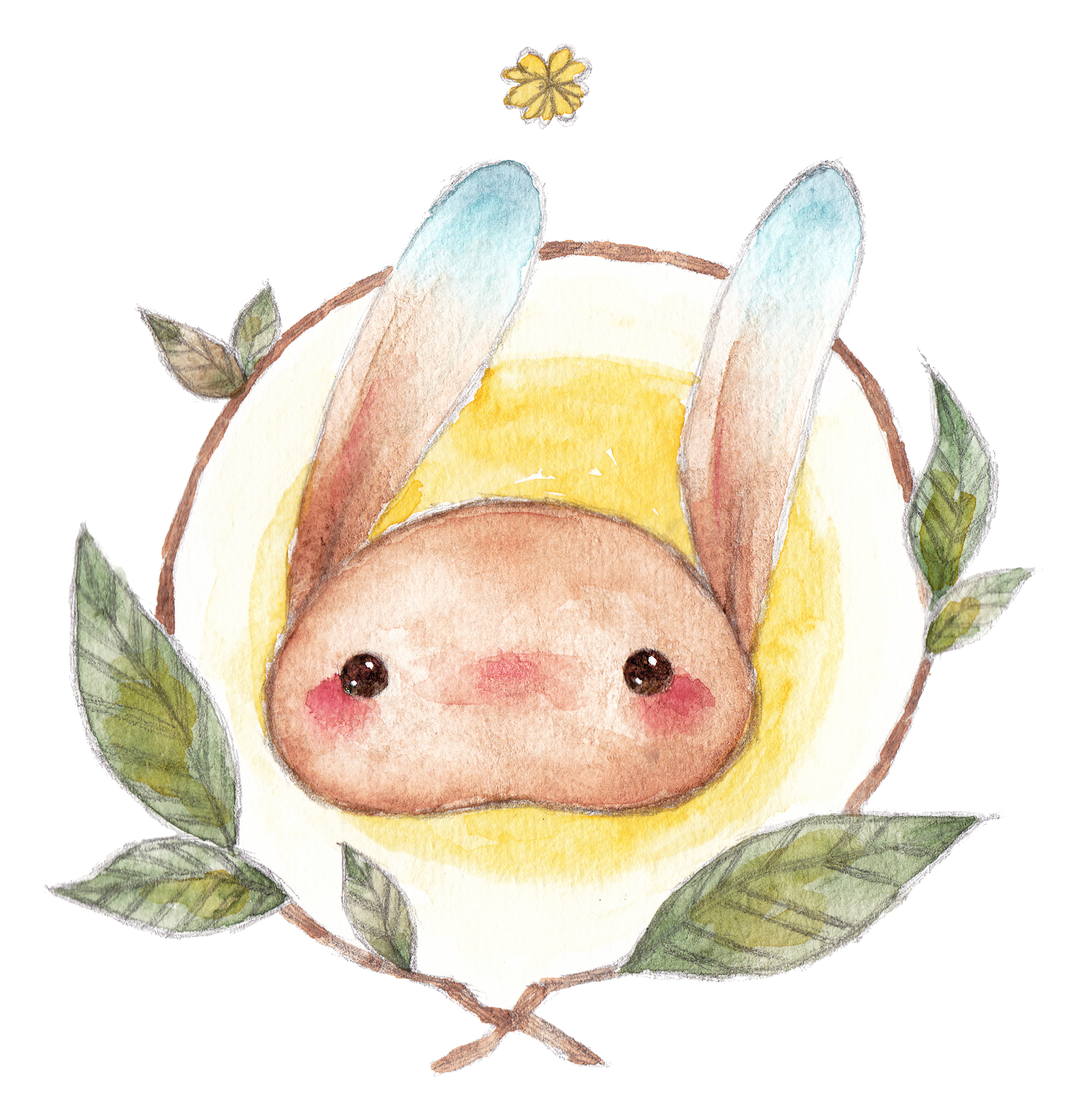The quest for originality is often the most harrowing dragon an author can face when it comes to fantasy writing. Out of the entire kingdom of literary fiction, fantasy tends to be the most over saturated and – dare we say – plagued by the cliché. Tropes abound, critics are harsh and apt to point out what’s been done before, and the process of writing a fantasy novel can feel doomed to fail from the first “dark and stormy night.”
Is it true that everything good and epic and beautiful has already been done? It can certainly seem like every “Top Ten Tips for Fantasy Writers” list is out to dispel the magic of your tale.
Finding meaning and voice in your own stories may not be on any fantasy publishing tip list, but it is one of the most valuable skills a writer can learn. To truly discover the heart of your story, it’s necessary to unveil the face behind the cliché. It follows that one could think of tropes as the cursed princess behind the face of an old hag, but perhaps the better example would be the sorceress herself, driving the narrative, transforming as she sees fit. She’s far from the passive princess. She’s the catalyst.
And a witch. Cause witches are badass.
The Classic
The repetition of themes transcends cultures and civilizations. There’s a reason nearly every country has their own version of Cinderella and a magic to the idea that the Hero’s Journey appears throughout lore.
Some cliches are repeated in fantasy writing because of their deep human connection. Shared ideas on the moral condition, on redemption and brotherly bonds, on the ethereal concept of a land beyond our own, of hopeful resurrection and endurance are a kind of universal thread. It’s no surprise that authors fail in achieving true originality when grappling with these ideas.
This is where intent prevails over the false hierarchy of originality. In the shared think tank of human consciousness and curiosity, no idea is truly original. How we wield these lofty ideas and what they mean for our story is the true distinction between derivative and timeless.
The Stereotype
These are the true villains of the speculative fiction writing world. The uggo little hobgoblins lurking in the margins.
Cliches that rely on stereotypes strip our writing of its power by diminishing realness. It goes without saying that stereotypical cliches are often built on harmful, outdated concepts. The most revolutionary writing has always been that which gives speech and presence to unheard voices. Cliches of this nature are counterproductive to that goal.
When simply examining how to improve novel writing, stereotypical cliches rank high on the top ten mistakes that fiction writers make. It’s easy to confuse cliché with timeless when repetitive tropes are seen throughout the genre. However, these ideas dehumanize the characters and world. Stereotypes ruin the immersive experience and make the reader feel like an outside in a world of unrelatable characters.
Here again, intent matters. While no idea will ever be truly original, digging deep means getting to know your characters and the world they interact with. Consider what you’d like your characters to convey and build out their personality and core motivations from an empathetic foundation.
This doesn’t always mean flipping the cliché in an obvious manner. Sometimes subverting the expected is as simple as dedicating extra time to research and inspiration for realistic cultures within a fantasy realm. Improve world building by guiding the intent of your words from the first paragraph to the last happily ever after. It may not always be the singular, original vision of a literary prodigy, but it will be your own. Often, that’s the happiest ending of all.
To summarize, the quest for originality may be fruitless endeavor, but perhaps it’s the friends we make along the way that capture the true heart of a story. Happy writing!


Recent Comments